Elasticity
A study at the University of Florida suggests that muscadine red wine has properties that can make skin look younger. Muscadine grapes come in various levels of sweetness. Contrary to the oblong shape in which most grapes grow, muscadine berries are large and round and range from green to black in colour. A study asked 17 women aged 40 to 67 to drink two glasses of muscadine wine made from grapes native to the south east of the USA. It was found to improve the elasticity of skin suggesting an anti ageing effect. The fly in the ointment so to speak is that the alcohol was taken out the wine so a glass of regular muscadine red wine may not work in this way. Obviously more research is required.
It does raise hopes of a new way of combating ageing, using natural plant compounds called polyphenols from the grapes used to make wine. Dr Lindsey Christman a co-author of the study said ‘ Our study suggests muscadine wine polyphenols have potential to improve skin conditions, specifically elasticity and transepidermal water loss in middle-aged and older women.’
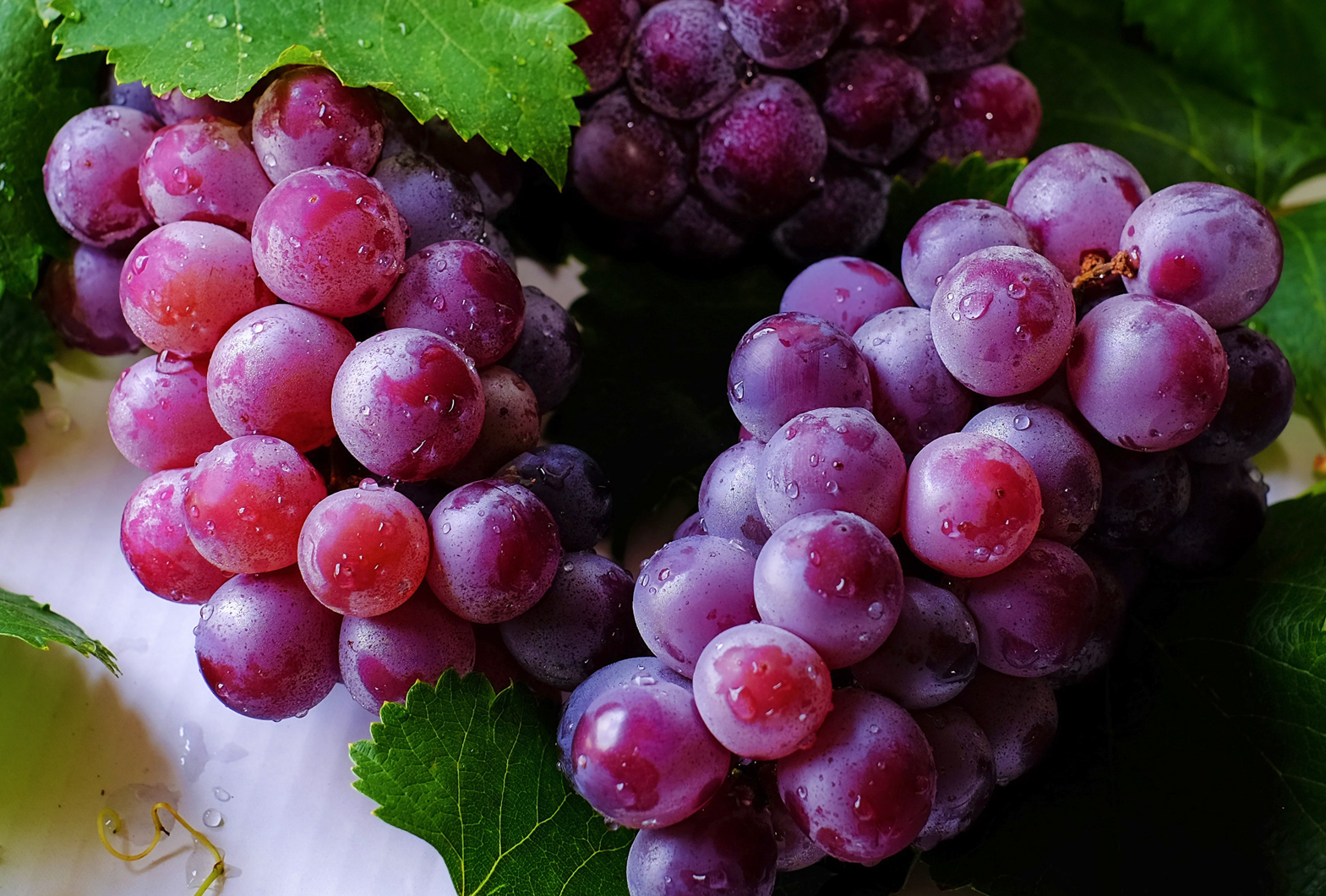
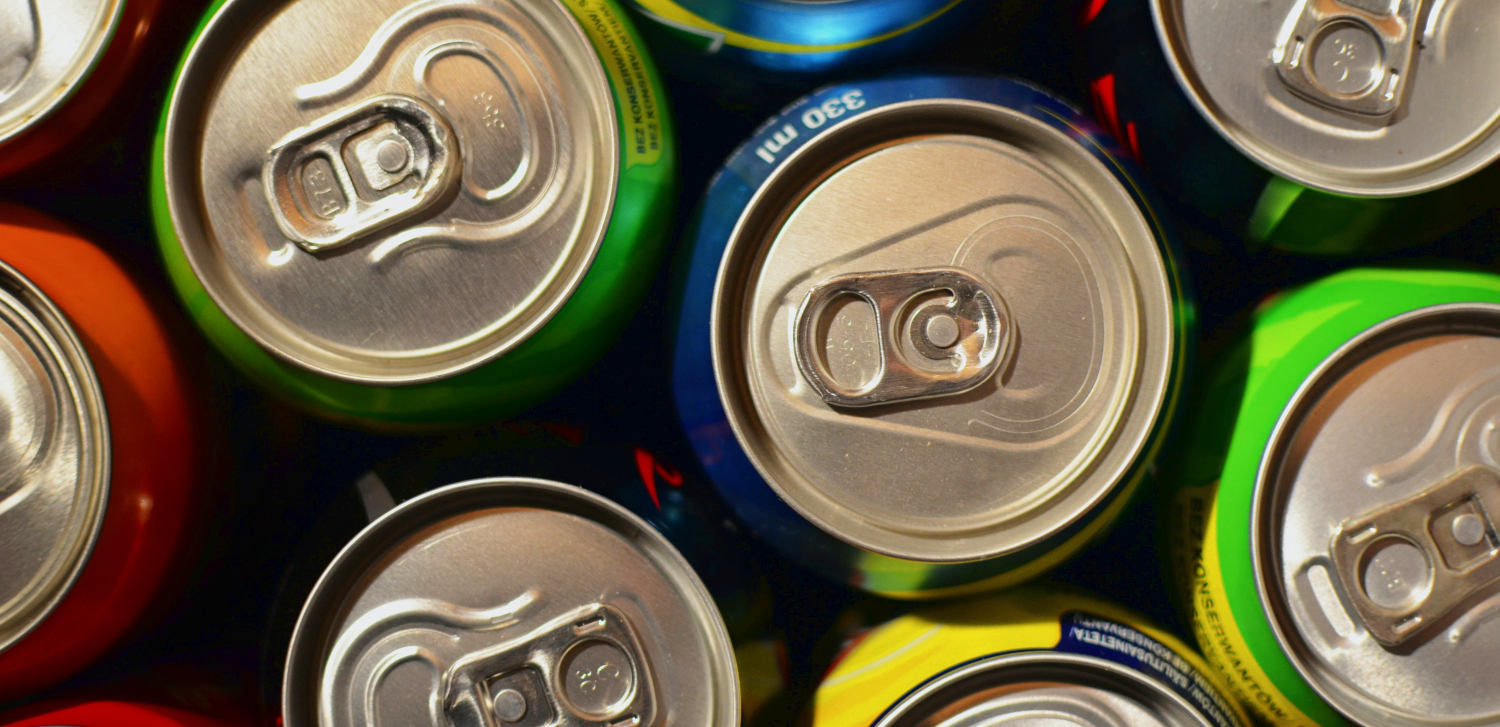

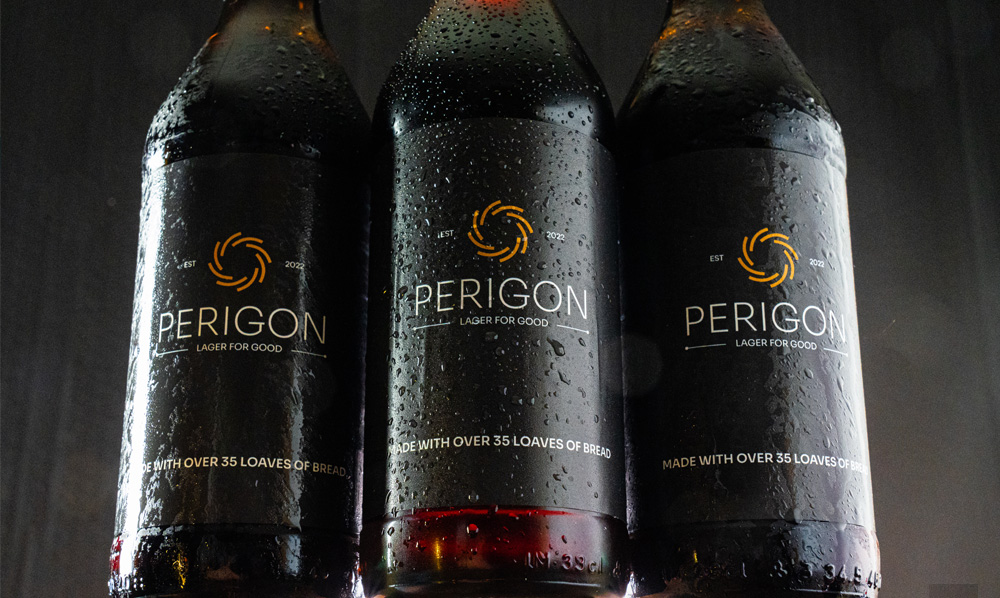
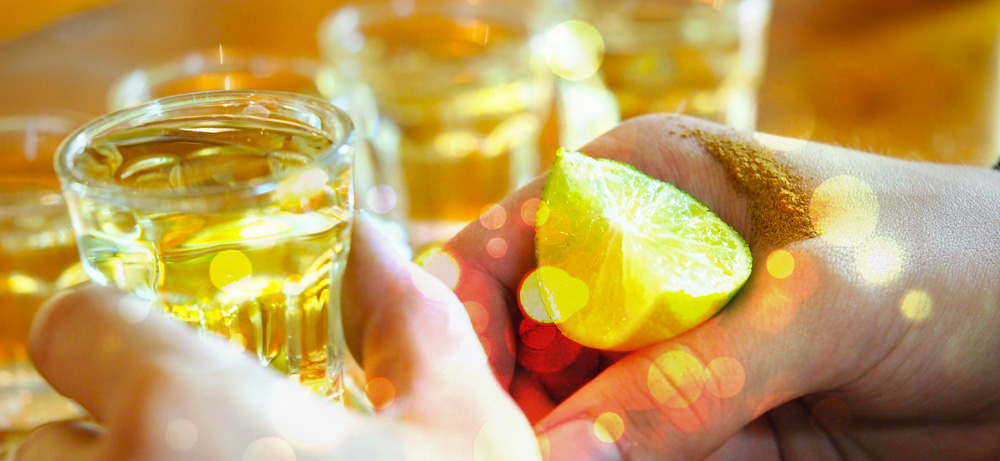

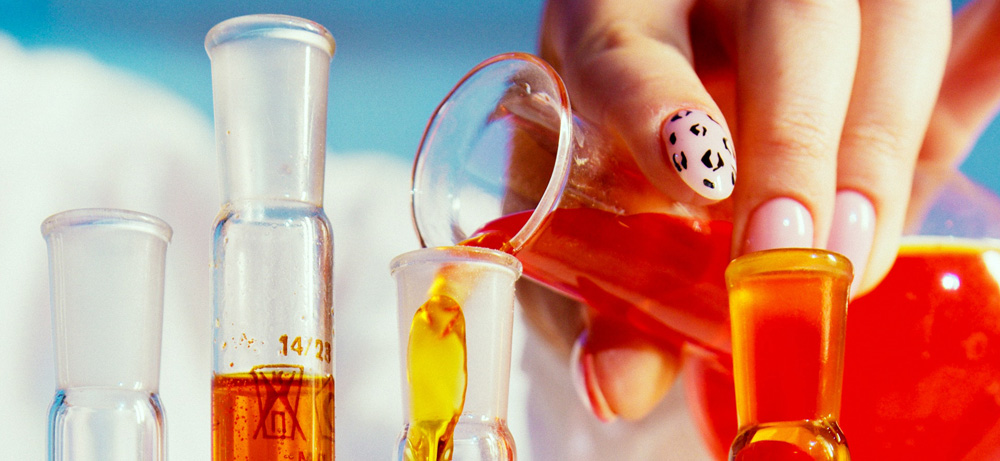
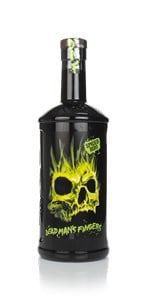
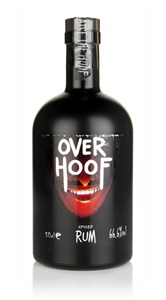
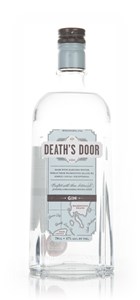
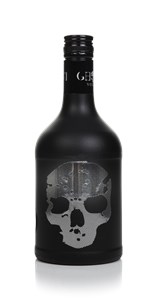
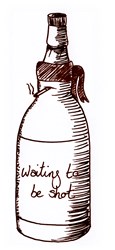
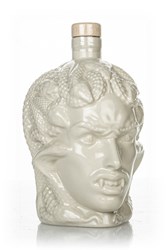
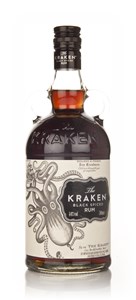
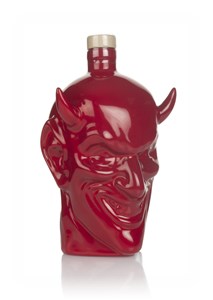
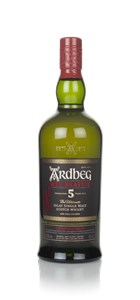
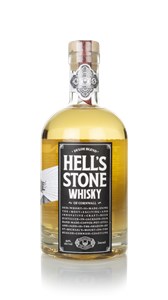
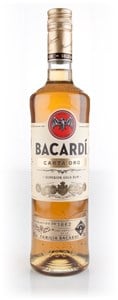
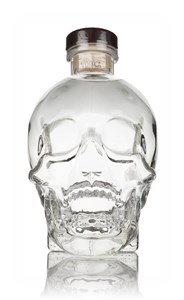
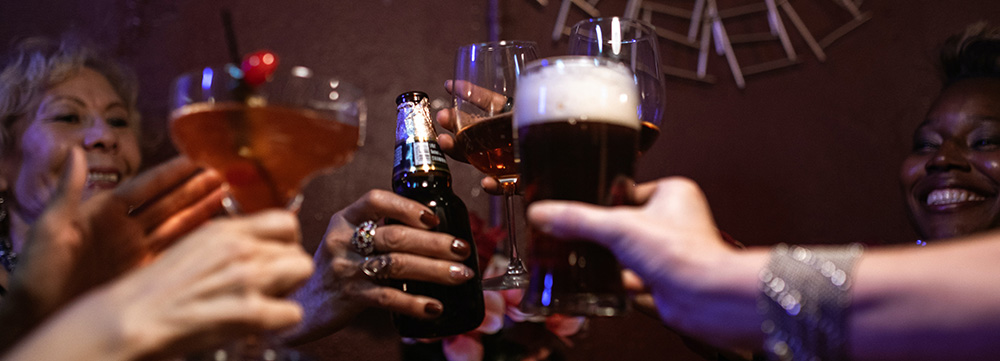
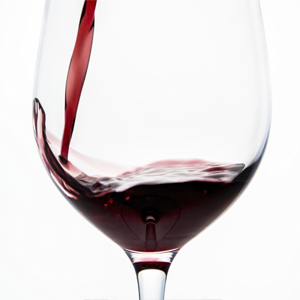 WINE
WINE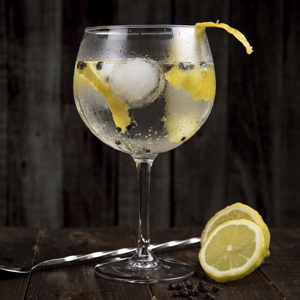 GIN
GIN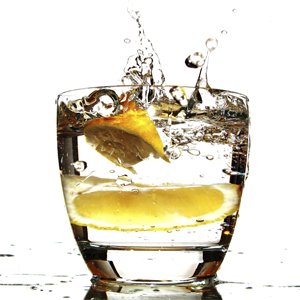 VODKA
VODKA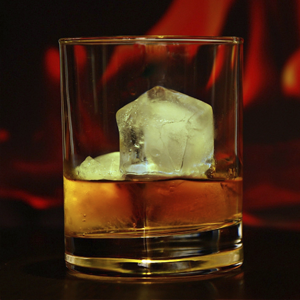 WHISKY
WHISKY ADVERTISE WITH US
ADVERTISE WITH US